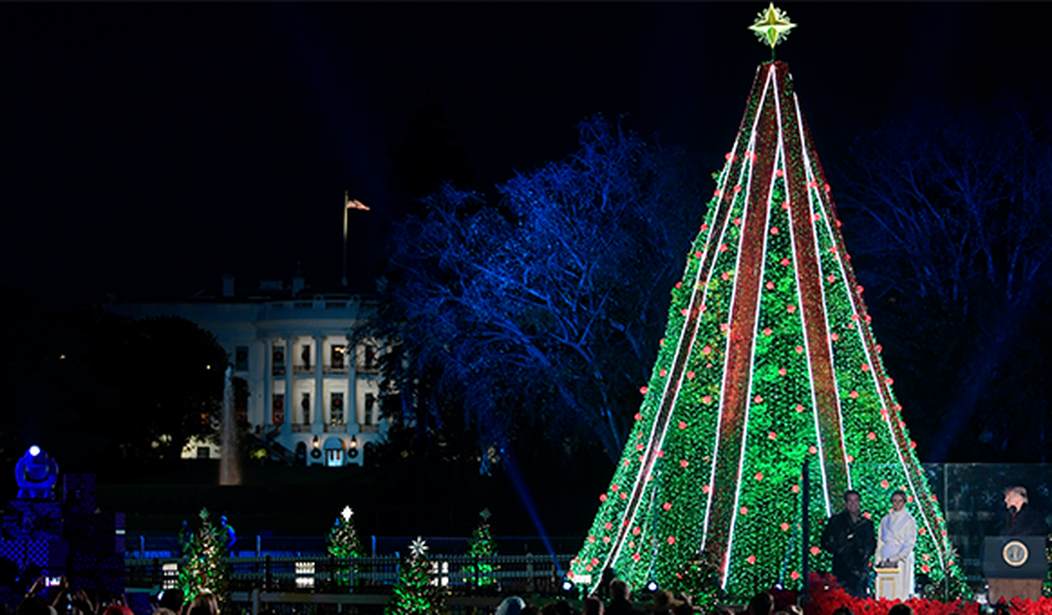A new study from Lifeway Research reveals that “most Americans want more religious meaning to the Christmas season.” Sixty-five percent of those surveyed said, “Christmas should be more about Jesus.”
While that might sound like good news for Christians, the number of Americans who want to “keep Christ in Christmas” - while still a majority - is quickly declining. Just four years ago, 79% of Americans (14% more than this year) agreed that “Christmas should be more about Jesus.”
The new survey also confirms another interesting fact about the cultural shift taking place in America. According to the data, the number of people who think Christmas should be about Jesus is shrinking (down 14%), even though the number of people who think Christmas shouldn’t be about Jesus isn’t growing (only up 1%). The largest shift over the past four years is the number of people who are simply unsure (up 13%).
Other studies provide some insight into the uncertainty many Americans seem to have about Christmas (and religion in general). According to a 2014 Religious Landscape study, an increasing number of Americans are religiously unaffiliated, even though they don’t necessarily reject the existence of God. The study showed a dramatic increase in what has since been termed religious “nones.” These are Americans who “self-identify as atheists or agnostics, as well as those who say their religion is ‘nothing in particular’.”
Recommended
While “nones” may include atheists and agnostics, don’t be fooled into thinking there is a national increase in unbelief. Most “nones” aren’t unbelievers at all. The 2014 study revealed that American atheism was growing at a very minimal pace (1.5%), even while Christian belief had decreased by nearly 8%. Where are the Americans who used to identify themselves as Christians? They are now in the “none” category, claiming no religious affiliation, even though 88% of Americans still believe in some kind of God, higher power, or spiritual force.
The new Lifeway Christmas survey reflects this reality. Fewer Americans think Christmas ought to be about Jesus (down 14%), but there isn’t a significant increase in those who oppose a connection between Jesus and the holiday (up only 1%). More Americans are rejecting their religious affiliation, but they aren’t necessarily rejecting God. They’re not quite sure what to believe.
Europe is experiencing a similar confusion related to religion and Christmas. Last year, a study in Britain found that nearly 1 in 5 Brits didn’t know that Christmas was associated with the birthday of Jesus. Nearly 1 in 20 thought Easter celebrated the birth of Christ. Even Christians in Europe are increasingly confused about the claims of Christianity. Only 22% of European Christians attend church services regularly. Many don’t believe in God “as described in the Bible.” Europe is only slightly ahead of America in its trajectory away from Christianity, including its growing confusion about Christmas, even though most Europeans also believe in some form of God, a higher power, or a spiritual force.
So, as the number of Americans who think Christmas should be more about Christ continues to shrink, it’s important to recognize that this shift is less about religious belief than it is about religious affiliation. Fewer Americans may connect Jesus to the Christmas holiday, but they aren’t willing to reject this connection – or the existence of God - just yet.

























Join the conversation as a VIP Member